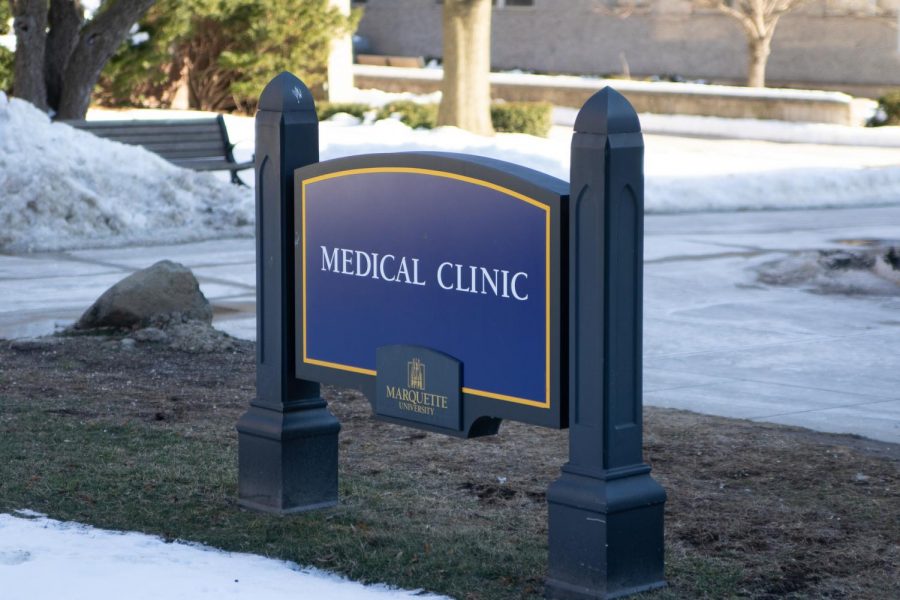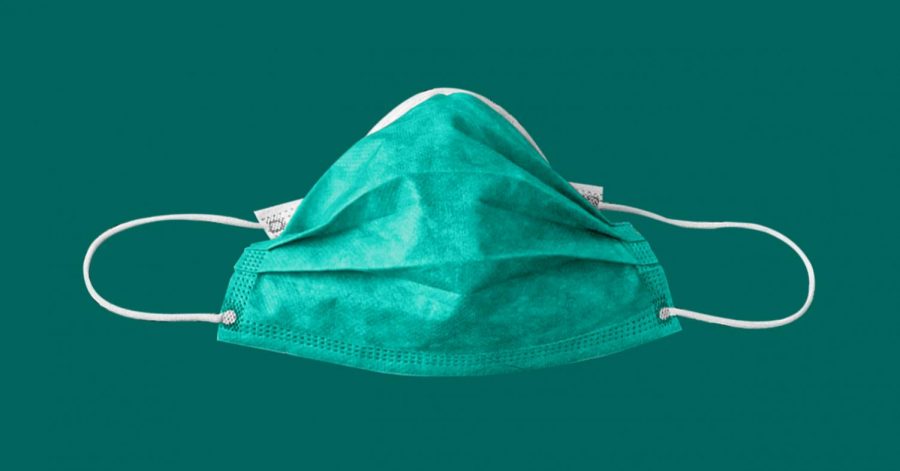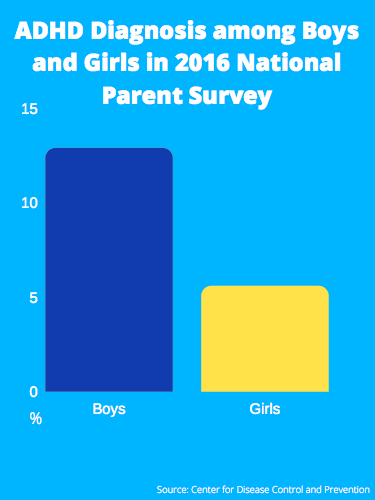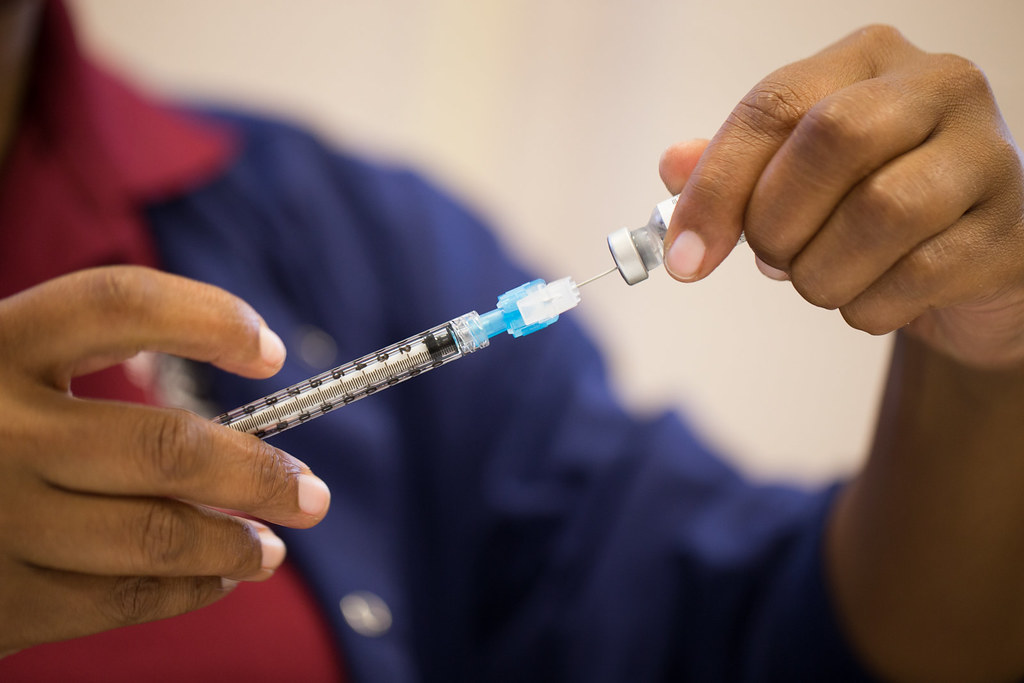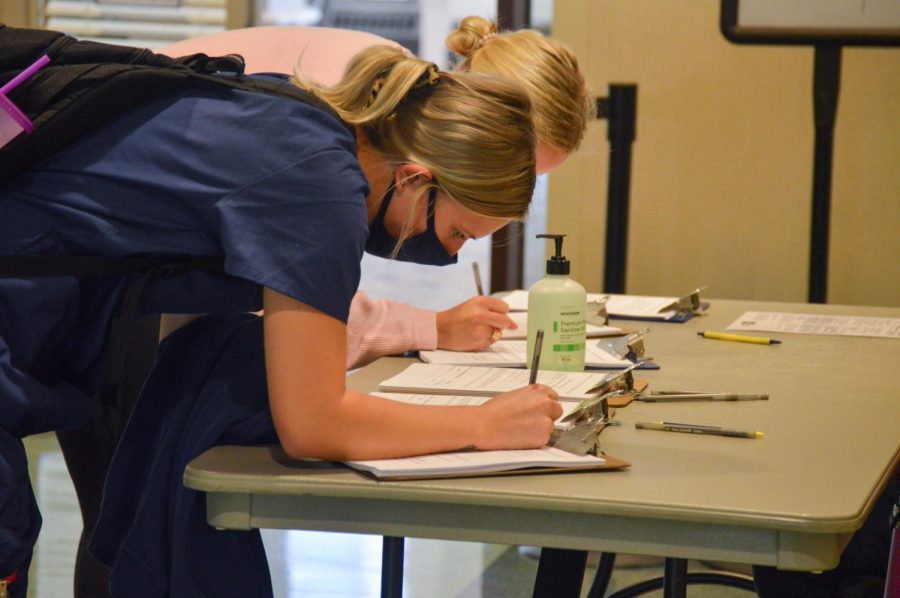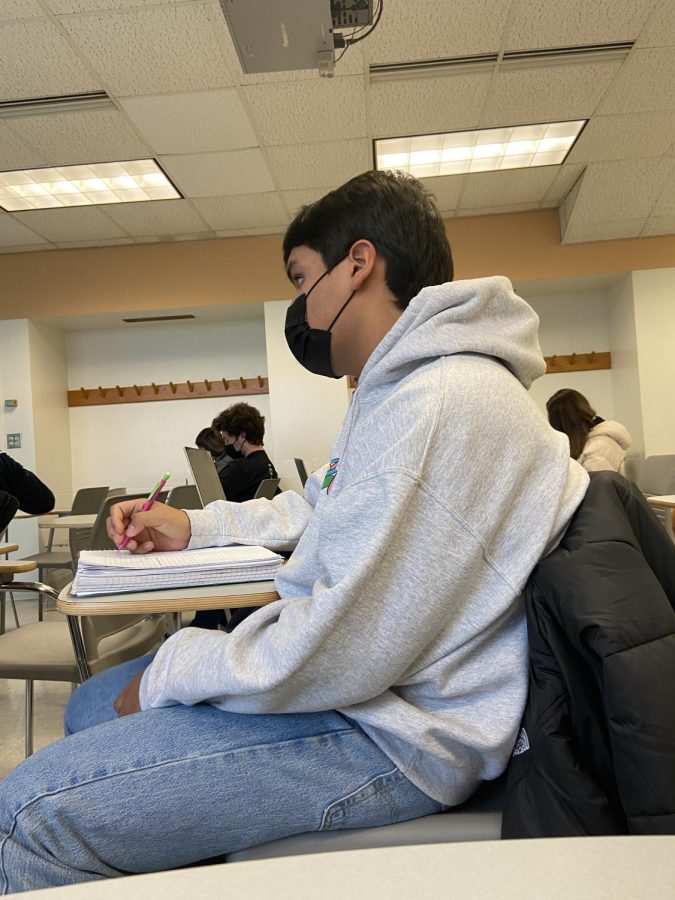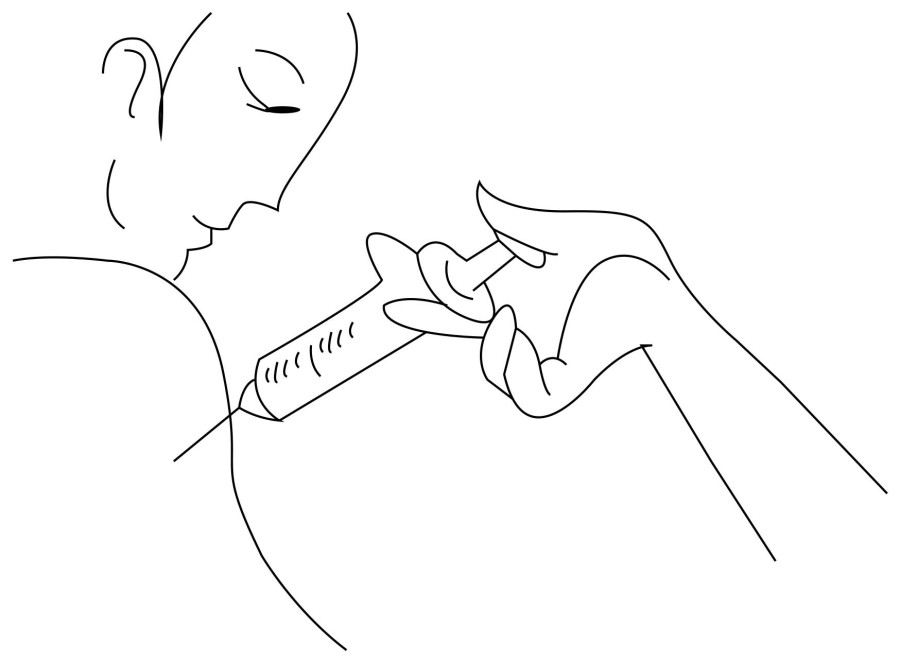More than 100 cases of measles have been reported in the United States in 2019, according to a Feb. 7 report from the Centers for Disease Control and Prevention. While Marquette has never experienced a case of measles, the university’s policies are working to prevent rising disease.
The disease has been diagnosed in 10 states: California, Colorado, Connecticut, Georgia, Illinois, New Jersey, New York, Oregon, Texas and Washington. It was not reported in Wisconsin, however. The last time measles was reported in Milwaukee was 2011, according to the Milwaukee Health Department.
According to the CDC, measles is a virus that is spread through the air by coughing or sneezing. Its symptoms include high fever and rash all over the body. With treatment, the disease is eliminated in two to three weeks. However, some die from complications of the disease, according to the CDC.
One or two out of every 1,000 children with measles will die due to complications, according to the CDC.
Measles was declared eliminated from the United States in 2000. The annual number of cases has ranged from a low of 37 in 2004 to a high of 667 in 2014, according to the CDC. In 2016, the number of cases was 86, while in 2018 the number jumped to 372.
Marquette University has policies in place to prevent students from contracting measles or other dangerous diseases.
Marquette has an immunization policy which requires students to have 2 MMR vaccines, which combats measles, mumps, and rubella, Keli Wollmer, interim director for the Marquette University Medical Clinic, said. They also require varicella and Tdap vaccinations. Tdap prevents tetanus, diphtheria and pertussis.
“Getting vaccinated is the single most important step to prevent getting measles,” Wollmer said in an email.
Students are unable to register for classes if they do not comply with the policy, Wollmer said.
When infectious diseases occur on campus, Marquette contacts the Milwaukee Health Department in order to handle the incident, Wollmer said.
“We work with (the Office of Marketing and Communication) to notify the university community and notify close contacts that may be at risk,” Wollmer said in an email. “Any close contacts who are not vaccinated are encouraged to do so.”
Although there has never been a case of measles at the university, there were two cases of mumps in 2017 and recently a case of mumps in January 2019.
Wollmer said the medical clinic will continue surveillance for mumps until Feb. 24, but there are currently no more suspected cases.
On college campuses, it can be difficult to remain healthy due to close proximity to other people, Nolan Cox, a freshman in the College of Nursing, said.
“(Getting immunizations) doesn’t come with any negatives associated,” Cox said. “It might not always work perfectly. However, it does more good than harm.”
College students should closely monitor their immunization records, especially when traveling abroad, Alicia Davis, clinical instructor in the College of Nursing, said.
According to the CDC, measles remains a common disease in areas of Europe, Asia, the Pacific and Africa. 19 cases of measles per 1 million persons are reported each year and about 89,780 people die.
According to the CDC, most measles cases in the U.S. result from international travel.
“On-campus students should focus on prevention methods such as good hand hygiene, cleaning and disinfecting living quarters and avoiding sick contacts,” Davis said. “Students should also avoid sharing beverages, food and utensils.”

